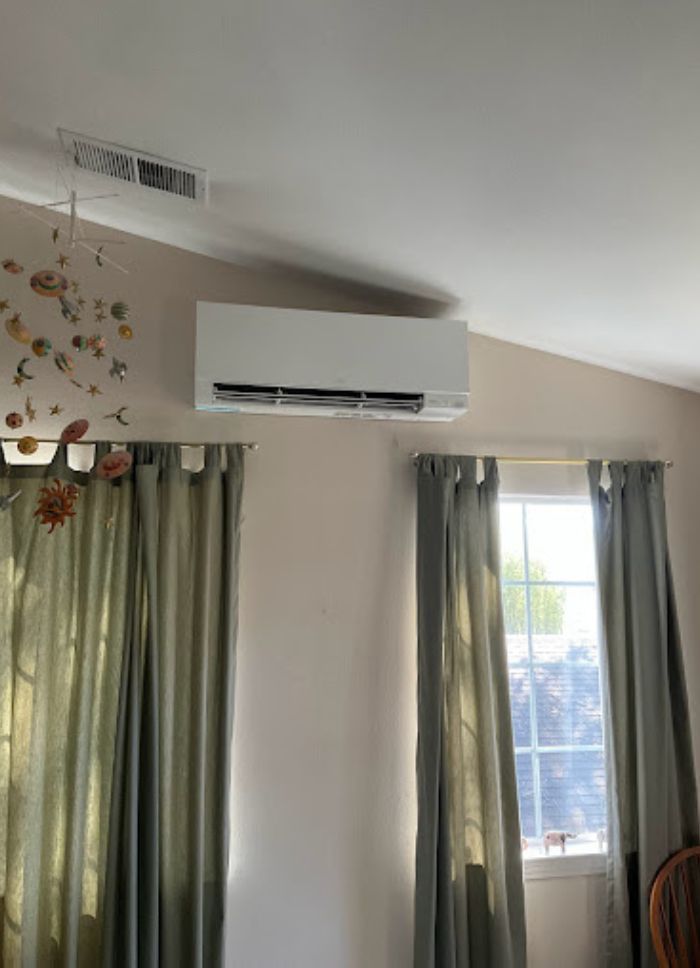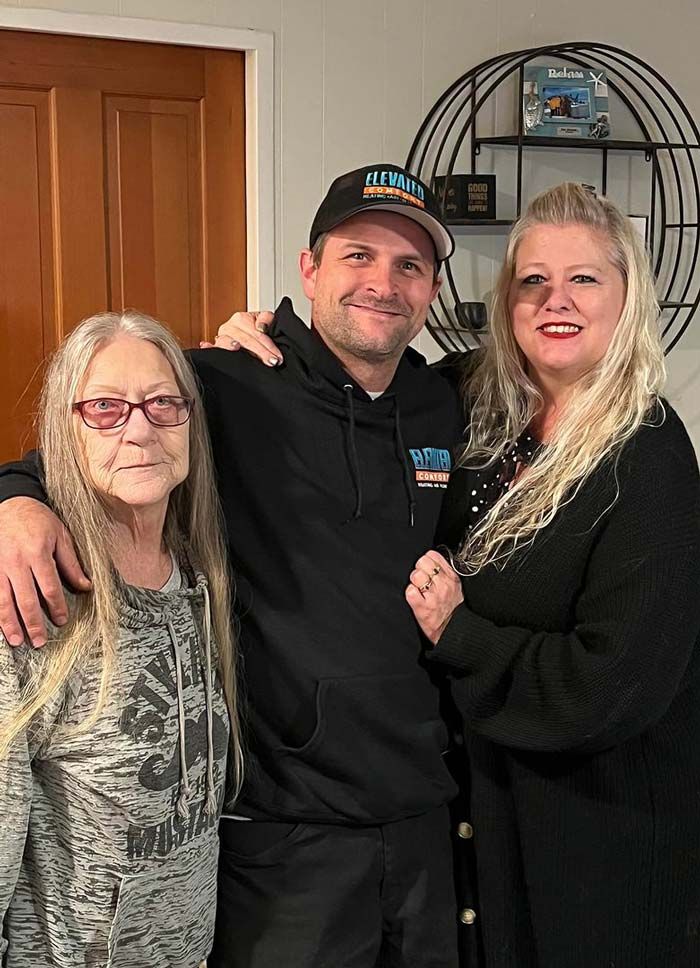Elevate Your Comfort
Count on the Top Indoor Air Quality Service in American Canyon, CA | Over 500 5-Star Reviews
Our locally owned, family-run company is passionate about providing our customers, who also are our neighbors, with the best Indoor Air Quality services and products for the best value.
-
4.9 Star Rated
-
20+ Years of Experience
-
Family Owned & Locally Operated
-
100% Satisfaction Guarantee
-
Straightforward Pricing
Trust the Experts
American Canyon’s Most Trusted & Professional Indoor Air Quality Company
Elevated Comfort is the leading provider of indoor air quality services in American Canyon, dedicated to ensuring that residents breathe cleaner, healthier air in their homes. Our comprehensive range of services includes air quality assessments, air purifier installations, duct cleaning, and ventilation system inspections.
With a focus on improving overall indoor air quality, our skilled technicians tailor solutions to address specific concerns such as allergens, pollutants, and humidity levels. From consultation to implementation, we guide homeowners through every step of the process, offering expert advice and recommendations to optimize air quality and promote a healthier living environment.
With Elevated Comfort, American Canyon residents can trust in our commitment to delivering superior indoor air quality services, providing peace of mind and comfort for their families.
Get A Quick Quote
Why Choose Us?
Elevated Comfort Provides Affordable Indoor Air Quality Services
As a family-owned business deeply rooted in the American Canyon, CA area, your complete satisfaction is our top priority when servicing your indoor air quality systems. We take great pride in our active involvement in the communities we serve and in fostering enduring relationships with our clients.
-
Fully Licensed & Insured
-
Professional Trained & Certified Technicians
-
Over 500 5-Star Reviews from Your Neighbors
We take home comfort
to new heights!

American Canyon’s Premier Indoor Air Quality Solutions: Elevating Your Comfort
In American Canyon, Elevated Comfort offers indoor air quality services distinguished by their comprehensive approach and customized solutions. Understanding the significance of clean air for overall health and comfort, our expert technicians begin by conducting a thorough assessment of the indoor environment, including factors such as ventilation, humidity levels, and pollutant sources.
What sets us apart is our emphasis on personalized solutions tailored to each client’s specific needs and concerns. Using state-of-the-art equipment and innovative techniques, we address issues such as dust, allergens, and pollutants, ensuring that the indoor air is clean and healthy. From installing air purifiers and filtration systems to providing duct cleaning and ventilation maintenance, we go the extra mile to optimize indoor air quality.
Our commitment to excellence and customer satisfaction makes Elevated Comfort the trusted choice for indoor air quality services in American Canyon, providing peace of mind and comfort for homeowners year-round.

HVAC Maintenance Program
With Elevated Comfort’s maintenance program, you can avoid costly repairs down the road by taking care of your HVAC system before problems arise. Regular maintenance is the key to longer-lasting HVAC systems.
With Elevated Comfort’s maintenance program, you can avoid costly repairs down the road by taking care of your HVAC system before problems arise. Regular maintenance is the key to longer-lasting HVAC systems.
Over 450 5-Star Reviews!
See Why Your Neighbors in American Canyon Rate Us The Top Indoor Air Quality Company
Answers to Your Questions About Indoor Air Quality
We know there are a lot of Indoor Air Quality Companies in American Canyon, and you deserve the best. With Elevated Comfort, you can trust that our experts have the answers to all your questions and treat your home as if it was their own.
Common indoor air pollutants include dust, pollen, pet dander, mold spores, volatile organic compounds (VOCs), and tobacco smoke. These pollutants can aggravate allergies, trigger respiratory issues, and contribute to long-term health problems such as asthma and cardiovascular disease. Our indoor air quality services aim to identify and mitigate these pollutants to create a healthier indoor environment.
There are several ways to improve indoor air quality, including regular HVAC maintenance, proper ventilation, air purification systems, humidity control, and reducing sources of indoor pollution such as smoking and using harsh chemicals. Our indoor air quality experts can assess your indoor environment, recommend tailored solutions, and provide professional installation and maintenance services to ensure optimal air quality.
Signs of poor indoor air quality may include persistent allergy symptoms, respiratory issues, foul odors, visible mold growth, excessive dust buildup, and frequent headaches or fatigue. If you notice any of these symptoms or suspect poor air quality in your home or workplace, it’s essential to address the issue promptly to prevent further health problems. Our indoor air quality services include thorough assessments and targeted solutions to improve air quality and enhance comfort.
Indoor air quality assessments should be conducted periodically, especially if there are noticeable issues or changes in the indoor environment. Additionally, assessments are recommended before and after significant renovations or changes to the building, such as HVAC system upgrades or mold remediation. Our team can perform comprehensive indoor air quality assessments using state-of-the-art equipment and provide recommendations tailored to your specific needs and concerns.

We Offer More Than Just Indoor Air Quality Services
Elevated Comfort provides a comprehensive suite of home comfort services, including expert heating, cooling, plumbing, and air quality solutions. Our dedicated team ensures your home remains a haven of comfort and efficiency, all year round.

Ductless Mini-Splits
Flexible payment options for sustainable home upgrades.
Apply in minutes. Get approval in seconds.





